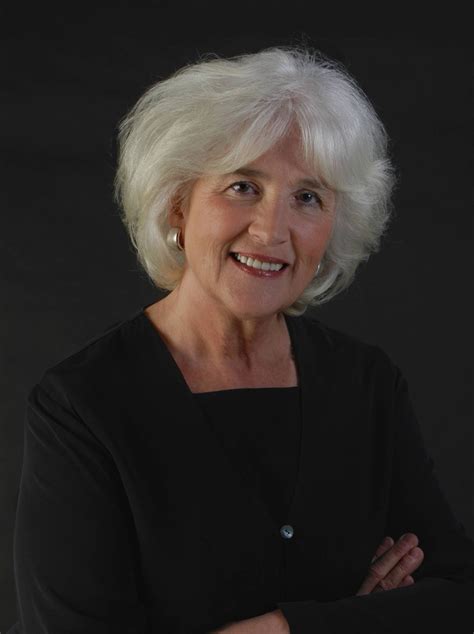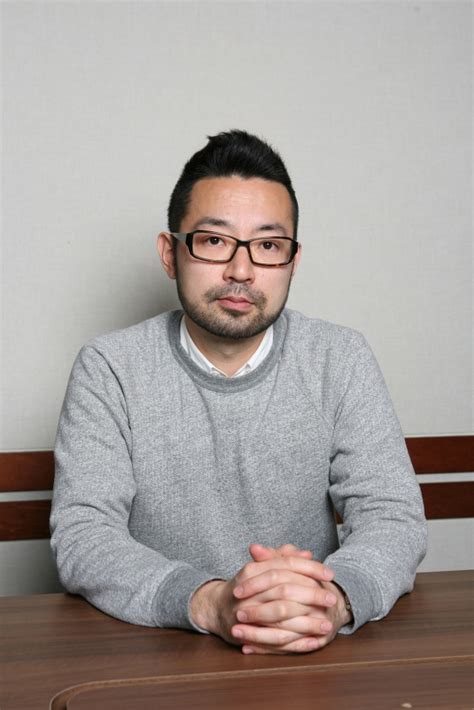A Quote by John Wesley
Not, how much of my money will I give to God, but, how much of God’s money will I keep for myself?
Related Quotes
One of the things I've learned as I've studied the principles in God's Word is this, that God wants us to prosper. But, the way He determines the level of our prosperity is based on how much we can let go of and still smile. So, if you can't release that money and still smile, then you can't be trusted with any more than you have right now. ... If you can prove to God that you don't love money God doesn't care how much you have.
The left wants you to believe that true morality is defined by how much money you give the government, how much money you pay the government, how much money the government gets from you, because only the government does good stuff, only the government does good works, only the government cares about people. It's bogus.
As long as I hold tightly to something, I believe I own it. But when I give it away, I relinquish control, power, and prestige. When I realize that God has a claim not merely on the few dollars I might choose to throw in an offering plate, not simply on 10 percent or even 50 percent, but on 100 percent of "my" money, it's revolutionary. If I'm God's money manager, I'm not God. Money isn't God. God is God. So God, money, and I are each put in our rightful place.
Bridge-players tell me that there must be some money on the game 'or else people won't take it seriously'. Apparently it's like that. Your bid - for God or no God, for a good God or the Cosmic Sadist, for eternal life or nonentity - will not be serious if nothing much is staked on it. And you will never discover how serious it was until the stakes are raised horribly high, until you find that you are playing not for counters or for sixpences but for every penny you have in the world.






































